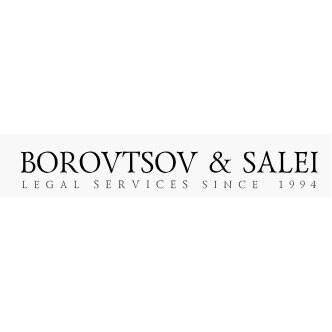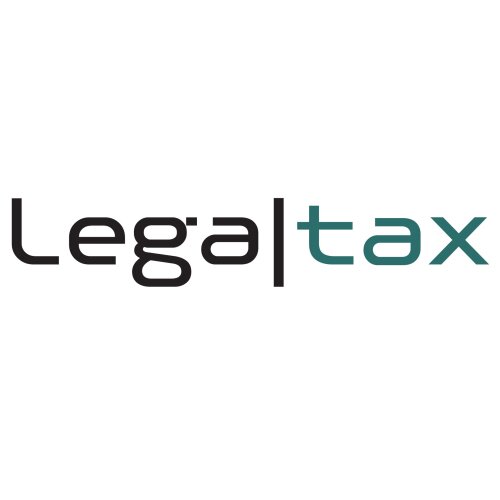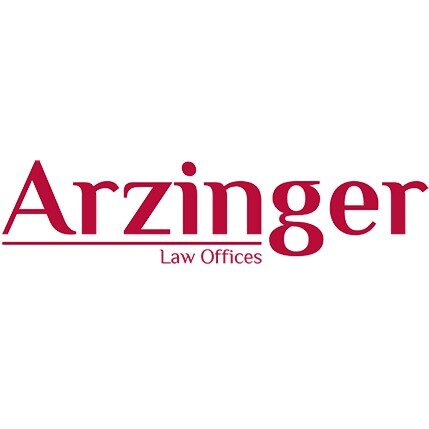Best Water Law Lawyers in Belarus
Share your needs with us, get contacted by law firms.
Free. Takes 2 min.
Or refine your search by selecting a city:
List of the best lawyers in Belarus
About Water Law in Belarus
Water Law in Belarus sets the legal framework for the ownership, use, protection, and management of water resources across the country. This area of law regulates both surface water and groundwater, ensuring that water usage is sustainable, environmentally responsible, and compliant with national interests. The Water Code of the Republic of Belarus is the main legislative act governing these issues and aligns with broader environmental policies at the national and international level. Water Law covers public and private interests, from large-scale industrial use to small community needs.
Why You May Need a Lawyer
There are several situations where individuals, businesses, or organizations may require legal assistance in Water Law matters in Belarus. Common scenarios include:
- Applying for permits or licenses to use water resources for industrial, agricultural, or personal purposes
- Disputes over water usage rights between landowners, neighbors, or organizations
- Enforcement of environmental regulations and compliance with national or local standards
- Legal challenges related to pollution, contamination, or illegal dumping in water bodies
- Resolution of conflicts regarding fishing, recreational, or navigational rights on lakes and rivers
- Advising on construction or real estate development near water bodies
- Addressing issues related to flood management, drainage, and water infrastructure projects
- Interaction with governmental agencies for water management and environmental protection
Local Laws Overview
Belarusian Water Law is mainly governed by the Water Code, which defines the types and categories of water bodies, ownership rights, and permitted uses. Key aspects include:
- Water bodies such as rivers, lakes, reservoirs, and groundwater are primarily state-owned
- Water can be used for drinking, agriculture, industry, recreation, and environmental protection, but usage is subject to licensing and permits
- The law sets out obligations for the protection, rational use, and restoration of water resources
- Special attention is given to the prevention and elimination of water pollution
- Public participation and transparency are encouraged in water management decisions
- Water use is monitored and regulated by the Ministry of Natural Resources and Environmental Protection and its agencies
- Non-compliance may result in administrative penalties or legal actions
Frequently Asked Questions
What are the main laws regulating water use in Belarus?
The primary legislation is the Water Code of the Republic of Belarus, supported by various governmental decrees and environmental laws.
Is it possible to own a lake or river in Belarus?
No, most natural water bodies are state-owned and only usage rights can be granted through permits and licenses under specific conditions.
Do I need a permit to use water from a well on my property?
Yes, using groundwater often requires obtaining a license or permit, especially if the water is for anything other than personal domestic use.
How do I apply for permission to use water for agricultural activities?
You must apply to the relevant local agency of the Ministry of Natural Resources and Environmental Protection, providing documentation about intended use and environmental impact.
What should I do if I discover pollution in a local river or lake?
Report pollution to the local environmental protection agency. They are responsible for investigating and taking appropriate actions.
Are there restrictions on building near water bodies?
Yes, construction activities near water bodies are subject to strict regulations, including buffer zones, environmental impact requirements, and permits.
What penalties exist for illegal water use or pollution?
Penalties can include fines, suspension of activity, and criminal charges for severe violations, depending on the scale and consequences of the infraction.
Can water rights be transferred or inherited?
Water usage rights are generally not freely transferable or inheritable since they are subject to state approval. Any change in use or ownership must be approved by authorities.
Who is responsible for flood control and water infrastructure?
The government, primarily through local and national agencies, is responsible for managing flood control measures and maintaining water-related infrastructure.
How can I participate in decision-making regarding water management?
The law provides mechanisms for public involvement, including the right to participate in public hearings, submit opinions, and access information on water use and protection projects.
Additional Resources
If you need more information or assistance, consider these resources:
- Ministry of Natural Resources and Environmental Protection of the Republic of Belarus - main governing authority on water issues
- Local branches and environmental agencies responsible for permits, inspections, and monitoring
- State Committee for Land, Geodesy and Cartography - handles matters related to land and water boundaries
- Environmental law centers and NGOs that offer consultations and support
- Universities and research institutions specializing in environmental and water law
Next Steps
If you have a legal issue related to Water Law in Belarus:
- Clearly identify your situation and gather any relevant documentation, such as permits, contracts, or official correspondence
- Contact a qualified lawyer experienced in environmental or Water Law to obtain specific advice
- Reach out to the appropriate government agency for guidance on regulatory requirements
- Prepare questions and be ready to explain your issue in detail to your legal advisor
- Stay informed about changes in the law and regulatory practices by monitoring reliable governmental sources and legal publications
Taking these steps will help protect your rights and ensure compliance with Water Law in Belarus.
Lawzana helps you find the best lawyers and law firms in Belarus through a curated and pre-screened list of qualified legal professionals. Our platform offers rankings and detailed profiles of attorneys and law firms, allowing you to compare based on practice areas, including Water Law, experience, and client feedback.
Each profile includes a description of the firm's areas of practice, client reviews, team members and partners, year of establishment, spoken languages, office locations, contact information, social media presence, and any published articles or resources. Most firms on our platform speak English and are experienced in both local and international legal matters.
Get a quote from top-rated law firms in Belarus — quickly, securely, and without unnecessary hassle.
Disclaimer:
The information provided on this page is for general informational purposes only and does not constitute legal advice. While we strive to ensure the accuracy and relevance of the content, legal information may change over time, and interpretations of the law can vary. You should always consult with a qualified legal professional for advice specific to your situation.
We disclaim all liability for actions taken or not taken based on the content of this page. If you believe any information is incorrect or outdated, please contact us, and we will review and update it where appropriate.
Browse water law law firms by city in Belarus
Refine your search by selecting a city.















